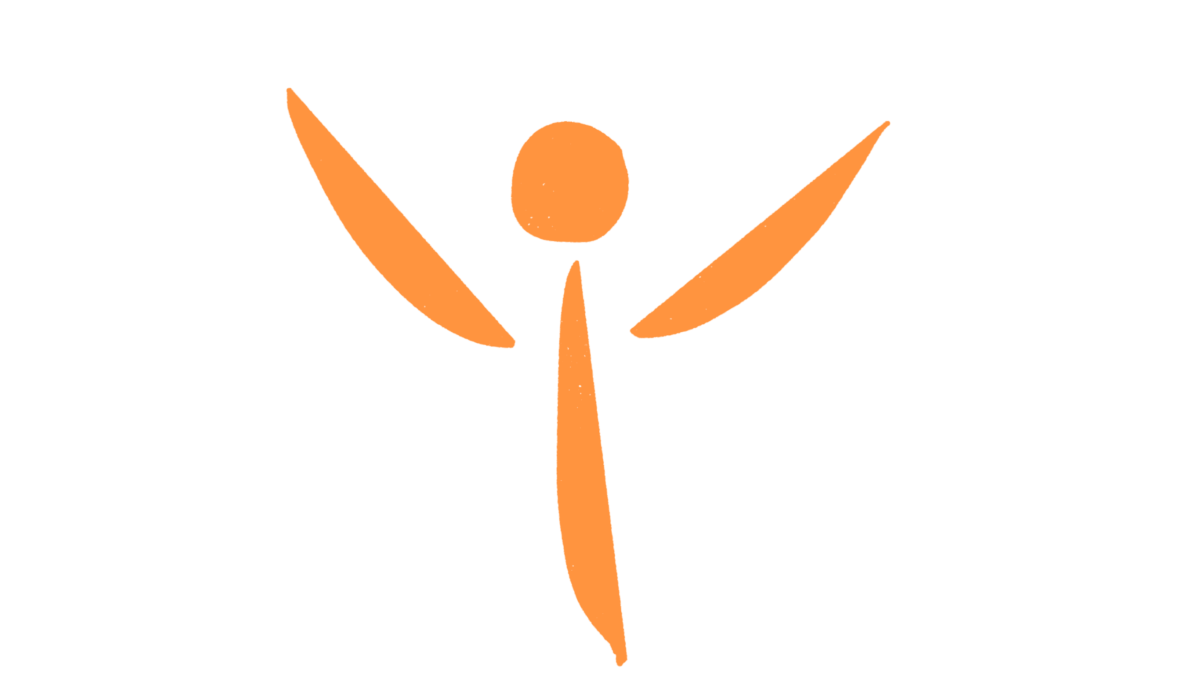
Just questions on :- Wisdom
* What is it that gets in the way of wisdom?
* Are we wise when we are born and learn foolishness? share your thoughts with others.
* Is there always a wise way forward in any situation? share your thoughts with others.
* What is it that a wise person does less than others?
* What is it that a wise person does more than others?
* What motivates a foolish person?
* What motivates wise people?
* “Why do fools rush in where angels fear to tread?”
* How do you know you are being wise and how do you know you’re not?
* In what ways is wisdom distinguished from knowledge?
* What is always true of wisdom?
* How can the receiving of wisdom be verified?
* How does it get received?
* What has to be the case for wisdom to be exchanged?
* How is it passed on?
* How is it accessed?
* How is it held?
* Where is it held?
* How is it created?
* What is wisdom specifically?
* Is love connected with wisdom?
If it is explain how
if it is not share your thoughts with others
* How is wisdom today different / same as in the days of Socrates (circa 430bc)?
* What makes you call a person wise?
* How are wisdom and context related, if at all?
* If wisdom is not present, what is?
* Can there ever be situations where wisdom cannot / must not prevail? share your thoughts
* What wakes us up to wisdom, makes us aware of it?
* How do you distinguish wisdom from pragmatism.
* Give a metaphor for wisdom?
* What issues would there be in the world if everyone was wise?
* Is wisdom valued in today’s world? where? when? how?
* What do wise people, focus on / pay attention to?
* What makes wisdom valued?
* If you could do one thing to help wisdom prevail in the world, what would that be?
* Give a synonym and antonym for wisdom
* Castaway on a desert island, would you prefer your ‘Man Friday’ to be clever or wise? is it possible to be one without the other? discuss
* What question about wisdom, would you ask?
Finally:-
- When are you wise?
- When are you not?
- What makes the difference?




